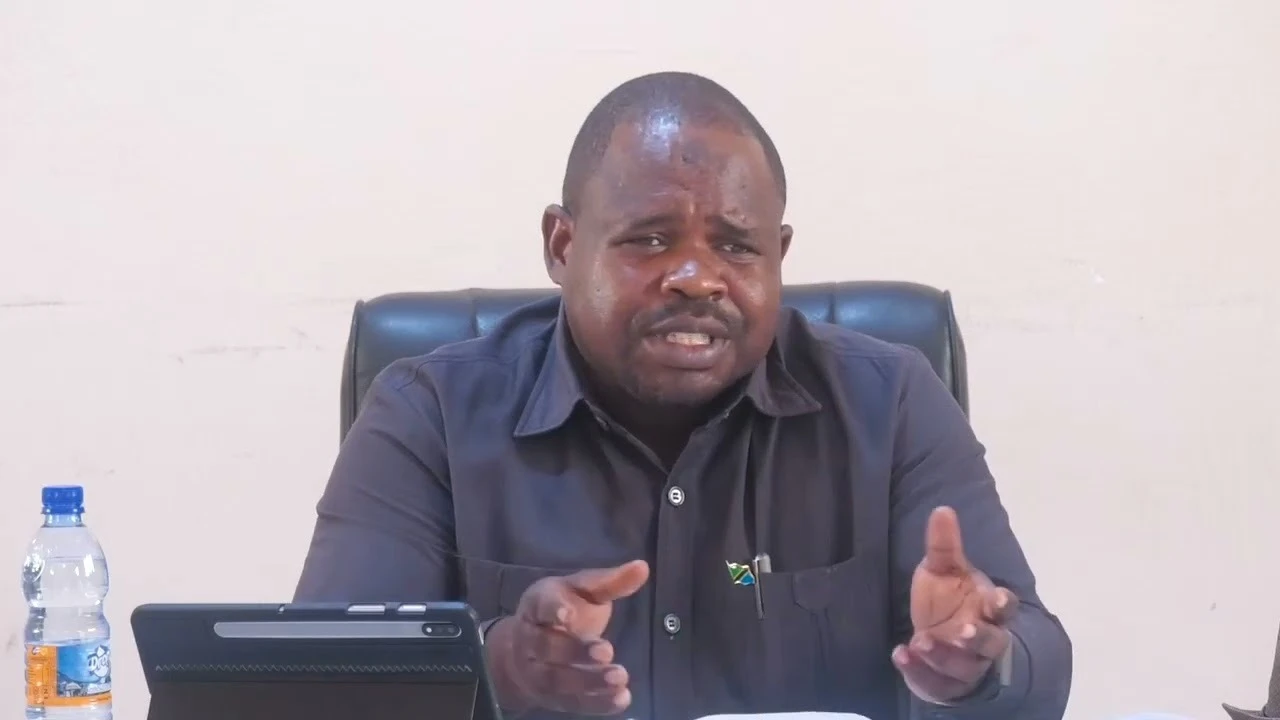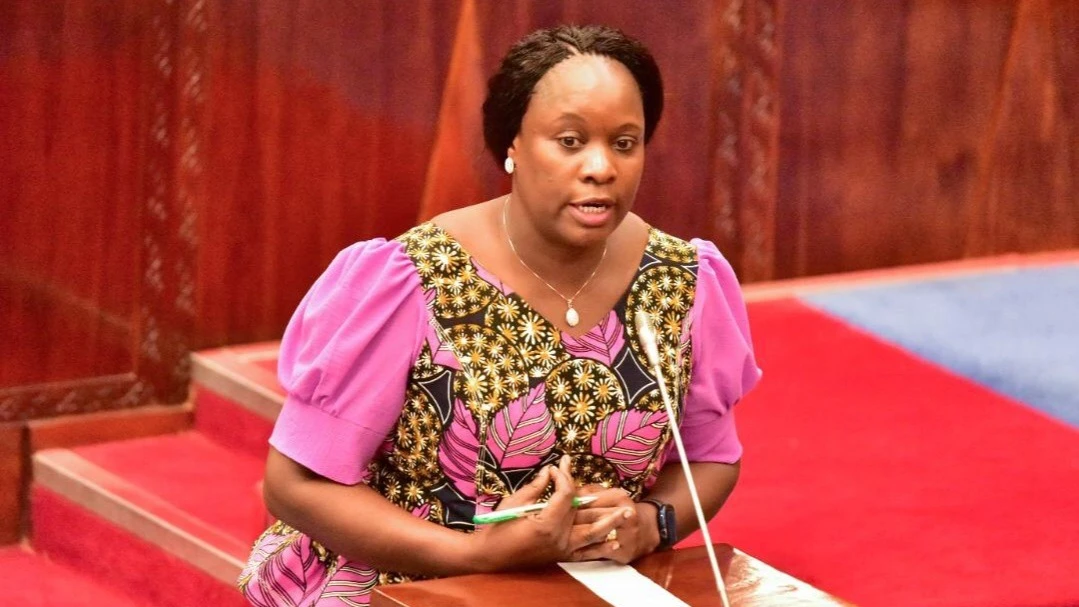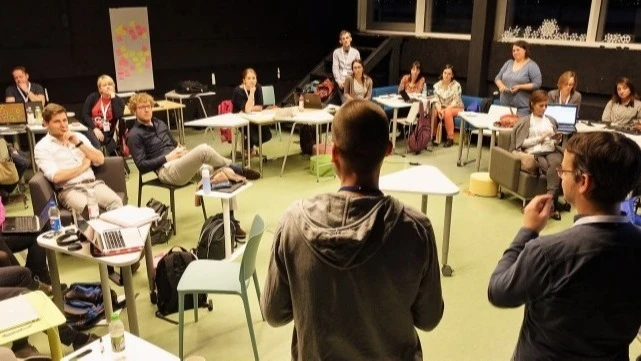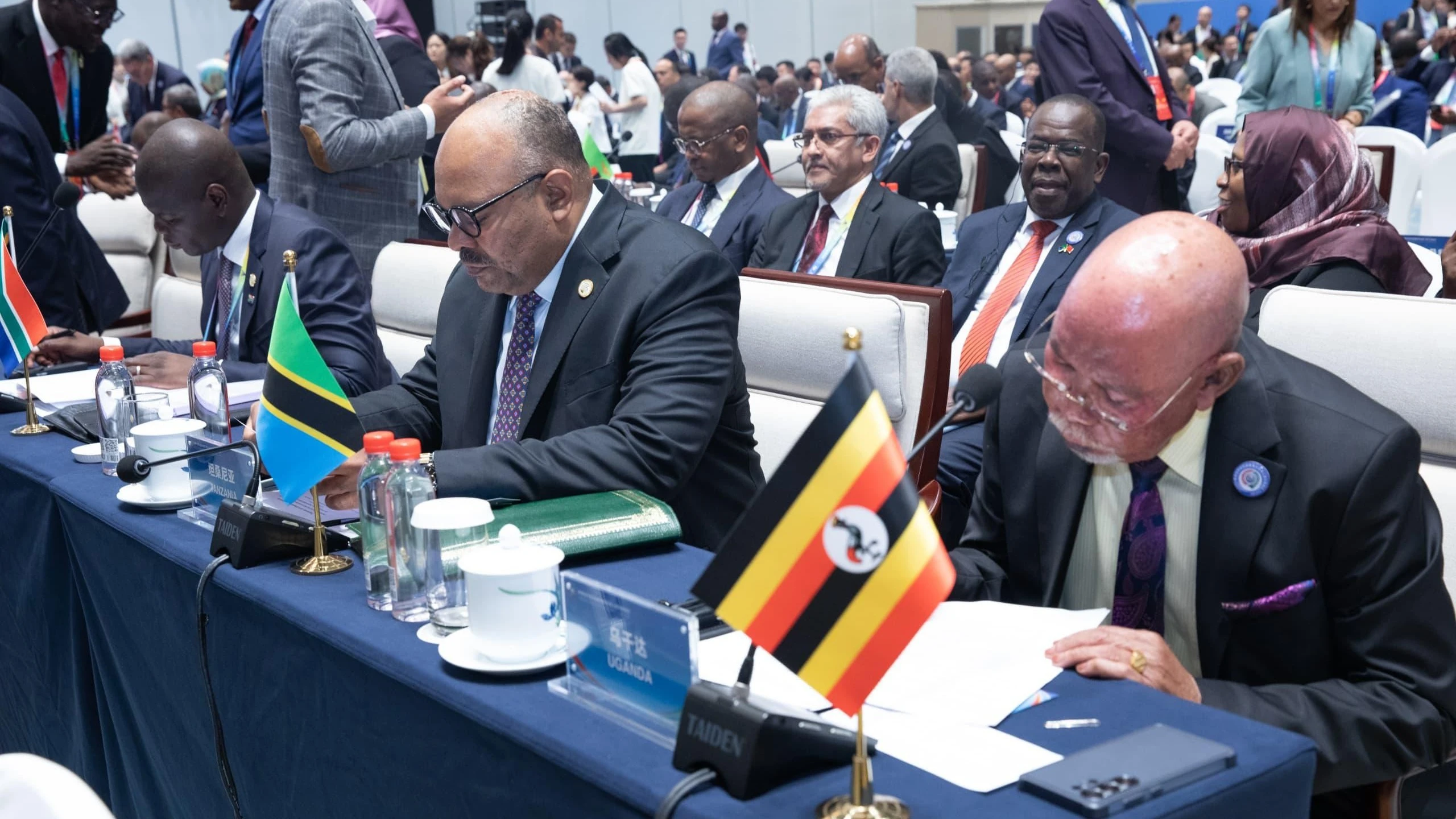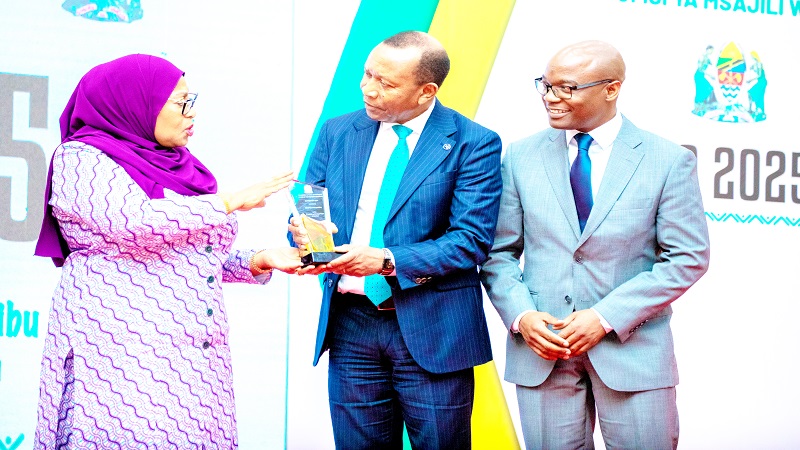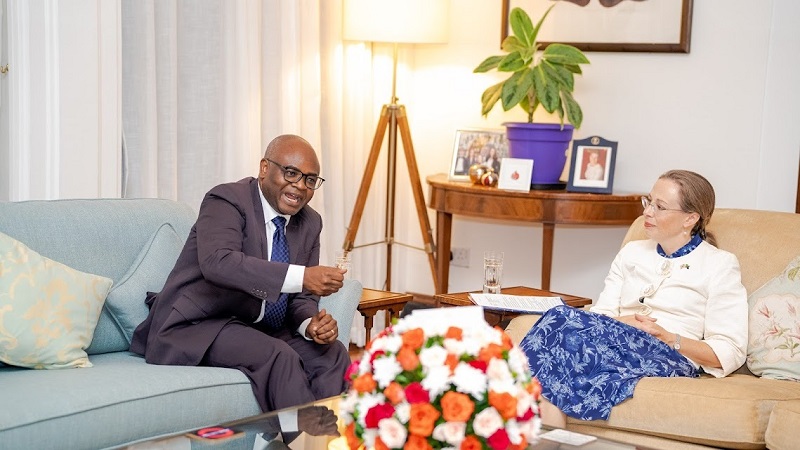Tanzania's AI awakening: A leap towards tomorrow's prosperity
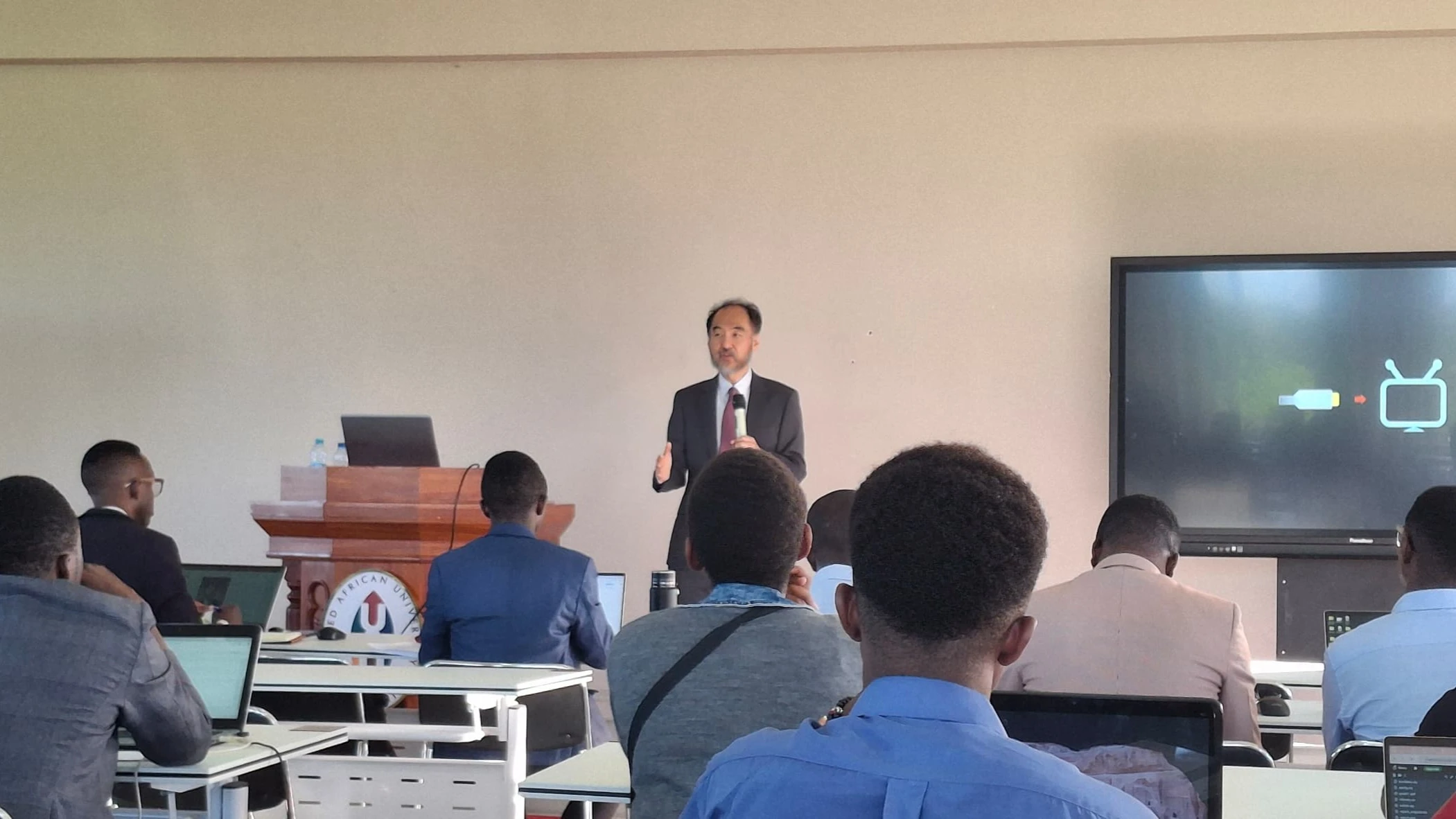
THE air in Dar es Salaam hums with a new energy, not just from the coastal breeze, but from the burgeoning possibilities of Artificial Intelligence.
Prof Antony Choi, a distinguished voice from Mercer University in the USA, is currently in the city, conducting pivotal training sessions for Tanzanian students and workers, an initiative spearheaded by the United African University of Tanzania (UAUT).
His message is clear, resonating with an urgency that cuts through the conventional: "AI offers Tanzania a unique opportunity to bypass traditional development stages and directly enter the modern economy."
For too long, the promise of AI remained cloistered in specialized research labs.
But over the past five years, propelled by accessible tools like ChatGPT, this once esoteric field has burst into the mainstream, becoming a tangible force in everyday life. The widespread adoption is more than a trend; it's igniting innovation across every conceivable sector, from the nimble strides of small enterprises to the strategic shifts of multinational corporations.
It is quite simply, fundamentally reshaping how we work, how we live, and how nations prosper.
Prof Choi's core message to Tanzania is both simple and profound: why laboriously ascend step-by-step when a revolutionary leap is within reach?
By strategically prioritizing AI education and seamlessly weaving it into the national agenda, Tanzania possesses the power to empower its burgeoning youth and dynamic workforce.
This foresight will cultivate a generation uniquely poised to thrive in the inevitable AI era. Consider the landscape in the United States, where substantial investments are already flowing into AI across diverse industries – a clear recognition that this technology is not merely an asset, but the indispensable engine of future prosperity.
Of course, the discourse around AI is not without its shadows. Legitimate concerns regarding its potential for misuse persist. Like any immensely powerful tool, AI can indeed be wielded with ill intent.
However, Prof Choi ardently cautions against allowing this apprehension to stifle progress.
"To restrict AI development due to potential dangers," he asserted, "would be akin to prohibiting automobiles to prevent accidents—a shortsighted approach that would undeniably impede overall societal advancement."
His argument is compelling: while AI can undeniably amplify the capabilities of those with harmful intentions, it possesses an equal, if not greater, capacity to empower benevolent forces, fortify businesses, and elevate living standards for all.
The imperative, he stressed, lies in crafting sensible regulation that judiciously encourages innovation while diligently mitigating inherent risks.
The U.S. government's bold stance, advocating for largely unrestricted AI development for the next decade, starkly underscores the intense global race for AI leadership; any hesitation on Tanzania's part risks being irrevocably left behind.
Presently, the AI landscape resembles a "Wild West"—a frontier where no single entity holds absolute dominance. This dynamic and uncrowded environment is precisely why Tanzania possesses an unparalleled opportunity to carve out its distinct niche.
The ongoing evolution from conventional AI to generative AI (like ChatGPT), and further towards "general AI"—systems capable of performing a vast array of diverse tasks—makes this technology even more potent and universally applicable.
While the development of cutting-edge AI models can be financially demanding, the increasing availability of open-source models effectively levels the playing field.
Prof Choi highlights a particularly striking statistic: a staggering 80 percent of U.S. graduates express regret at not having acquired AI skills during their university education, unequivocally demonstrating the urgent and escalating global demand for proficiency in this domain.
This unmet demand serves as Tanzania's golden ticket. The technology is sufficiently nascent that the competitive arena is not yet saturated.
"If Tanzania commits to making AI a national priority, investing robustly in its human capital and fostering an environment conducive to innovation," prof Choi affirmed, "it stands to secure a significant share of the burgeoning global AI economy."
The trajectory of future wealth creation appears increasingly intertwined with AI.
Tanzania must engage decisively, and without delay, to ensure it secures its rightful piece of this rapidly expanding pie.
Prof Choi's urgent call to action is unequivocal: while the risks associated with AI are undeniably real, its transformative benefits are truly immense.
For Tanzania, the opportune moment to wholeheartedly embrace this technological revolution is not in the distant future, but now.
The unparalleled opportunity to empower its people, execute a profound leap into the modern economy, and secure a prominent global position awaits.
This vision is powerfully echoed by the leadership at the United African University of Tanzania.
Principal Jinki Hwang sees AI as fundamental to Tanzania's progress, expressing confidence that the nation can indeed excel in applying AI to boost its society and industries.
Complementing this, Prof Thierry Stephane Nouidui, UAUT's Deputy Vice Chancellor for Academic Affairs, further emphasizes AI's imminent role in daily life, highlighting its transformative power to revolutionize sectors from agriculture and health to education, making tasks quicker and more efficient.
He passionately advocates for introducing AI to students as early as primary school, and for teachers to become AI-literate themselves, recognizing that the shift must be systemic.
The unified message from UAUT leadership is abundantly clear: early and widespread AI adoption is crucial for Tanzania's development.
The time for Tanzania to make its indelible mark in the AI world is unequivocally at hand.
Top Headlines
© 2025 IPPMEDIA.COM. ALL RIGHTS RESERVED









